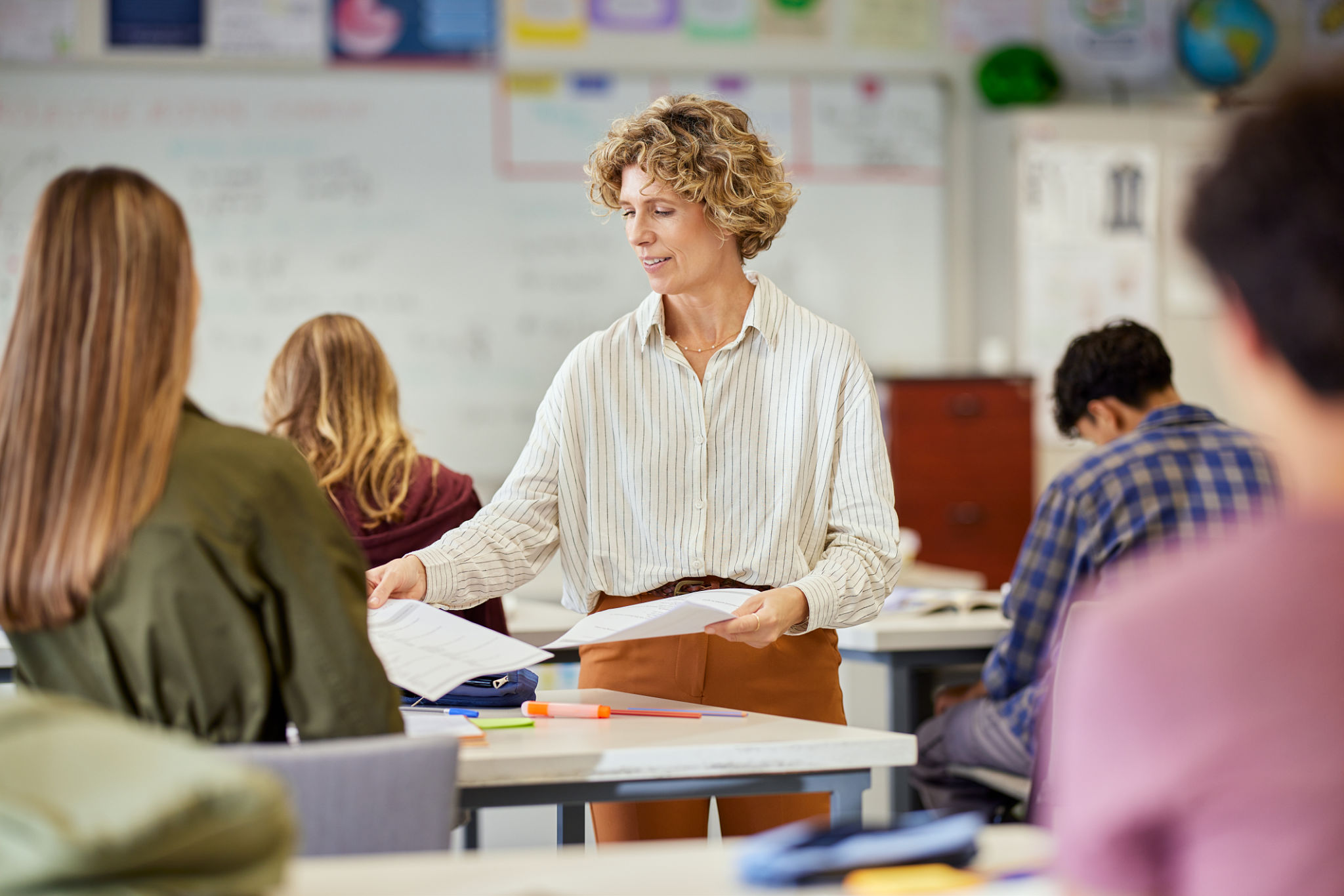The Role of Educational Psychology in Special Education: An In-depth Analysis
Understanding Educational Psychology
Educational psychology is a branch of psychology focused on understanding how humans learn and retain knowledge. It plays a vital role in shaping teaching strategies, curriculum development, and education policies. In the context of special education, educational psychology helps tailor approaches to meet the diverse needs of students with disabilities.
Through various theories and methodologies, educational psychologists analyze learning processes to enhance educational practices. They consider cognitive, emotional, and social factors that impact learning, making their insights invaluable for special education.

The Intersection of Educational Psychology and Special Education
Special education is designed to cater to students who require additional support to succeed academically. Educational psychology provides the framework to understand these students' unique learning needs and challenges. By applying psychological principles, educators can develop individualized education plans (IEPs) that focus on enhancing strengths and addressing weaknesses.
One of the key contributions of educational psychology to special education is the development of assessment tools that accurately identify learning disabilities. These tools help educators create effective strategies that align with each student's specific needs.
Individualized Education Plans (IEPs)
IEPs are customized plans developed for each student receiving special education services. Educational psychologists play a critical role in formulating these plans by conducting assessments and collaborating with teachers and parents. Their expertise ensures that IEPs are comprehensive and targeted, providing students with the best opportunities for academic success.

Strategies for Enhanced Learning
Educational psychologists employ various strategies to improve learning outcomes for students in special education. These strategies often include:
- Behavioral Interventions: Techniques used to modify undesirable behaviors and encourage positive ones.
- Cognitive Strategies: Methods that enhance memory, attention, and problem-solving skills.
- Collaborative Learning: Encouraging group activities that promote social interaction and peer support.
These strategies not only improve educational outcomes but also help in developing social and emotional skills crucial for personal growth.
The Importance of Teacher Training
Effective implementation of educational psychology principles requires well-trained educators. Teacher training programs must incorporate psychological insights to equip educators with skills to address diverse learning needs. Continuous professional development ensures teachers remain updated with the latest research and methodologies in educational psychology.

Challenges and Opportunities
While educational psychology offers numerous benefits to special education, challenges remain. Limited resources, varying levels of support, and the complexity of individual needs can hinder effective implementation. However, these challenges also present opportunities for innovation and improvement in special education practices.
Advancements in technology offer new ways to support students through personalized learning platforms and adaptive technologies. Educational psychologists are at the forefront of integrating these technologies into special education.
Future Directions
The future of educational psychology in special education holds promise for even more tailored and effective interventions. Ongoing research continues to uncover new insights into learning processes, which will further refine educational practices. Collaboration between educators, psychologists, and policymakers is essential to harness these insights for the benefit of students with special needs.
In conclusion, educational psychology plays an indispensable role in special education by providing the necessary tools and frameworks to support diverse learners. By embracing both the challenges and opportunities, educational systems can better serve students with disabilities, ensuring they achieve their fullest potential.